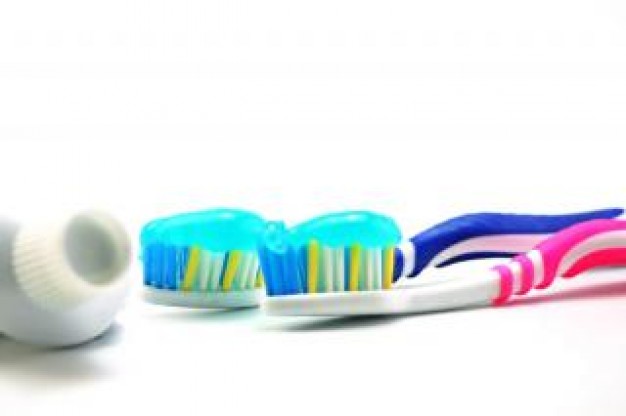How Helpful Sedation Dentistry
Sedation Dentistry
What is Sedation dentistry ?
Sedation dentistry is a simple procedure that dentists as well as other medical professionals can use on their patients during any surgery which is potentially painful or lengthy. It uses medication to put the patient in a very relaxed, dreamlike state whilst having surgery carried out. Therefore, sedation dentistry means that the patient does not feel the stress and anxiety that they may usually feel prior to visiting the dentist and the dental procedure taking place.
Experience Pain-Free Procedures
Once you have experienced sedation dentistry, you’ll never be afraid to go to the dentist again because you are comfortable and unaware of the treatment, years of dental work can be done in only one or two visits.
- No more needles! You simply take a small pill prior to treatment.
- You will have little or no memory and won’t remember sounds or smells.
- Complex treatments can often be done in as little as one appointment.
- People who have difficulty getting numb will sedation dentistry helpful.
- Sedation dentistry safely reduces the fatigue of extended dental treatments.
Sedation dentistry has many great benefits for sufferers of dental phobia:
- It allows the patient to visit their dentist without any pre-visit nerves and allows the dentist to complete the course of treatment in fewer visits than they would normally be able to do so.
- Many kinds of dental treatments can use sedation dentistry, allowing patients with different types of dental phobia to relax and not have to suffer the usual apprehension which they experience when visiting the dentist.
- There are many different types of sedative medications that are used to affect the patient’s central nervous system and relax the patient and put them at ease.
- It is particularly useful for those who suffer from dental phobia and who are undergoing dental surgery for whatever purpose, however, many more people can make great benefit from sedation dentistry too. Those who have extremely sensitive teeth and find co-operating with the dentist and receiving dental treatment very painful can make full use of sedation dentistry, as it will take the pain away from their treatment allowing them to receive the health care they deserve without the stress and anxiety that may usually accompany it.
- Patients that have conditions which make controlling their body movements difficult such as Parkinson’s disease and who have gag reflexes that make controlling their mouth stressful will also benefit from sedation dentistry and the physical and mental relaxation that it gives to the patient.
- One of the best things about sedation dentistry is that it has numerous benefits, not just for the patient, but for the dentist too. The patient can experience a freedom from their past fear and apprehension of the dentist, allowing them to receive treatment with peace of mind, as well as receiving treatment that they have not been able to have for many years because of their dental phobia. Patients that do not normally suffer from dental phobia can still take benefit from sedation during some treatments, particularly treatments that are very painful such as surgery on the gums.
For the dentist sedation dentistry gives them complete control during treatment as patients are more likely to co-operate fully with their dentist, and it also reduces the amount of time and number of sessions that dentists require to carry out their treatments on patients, because more treatment can be administered in a single session.
Types of Dental Sedation
The 3 most common forms of sedation on offer are:
- Inhalation sedation (also known as “laughing gas”, “happy gas”, nitrous oxide, “gas and air”, relative analgesia)
- Oral sedation (anti-anxiety pills or a liquid)
- Intravenous (IV) sedation (drugs administered into the blood-stream through a vein – that’s what “intravenous” stands for)
None of these involve “being put to sleep”, even though advertisements for “sleep dentistry” sometimes refer to oral or IV sedation. Being put to sleep is called general anaesthesia, or GA for short.
For the dentist, sedation means that surgery is easier to perform, and that more surgery can be performed in one session, reducing the number of sessions needed to carry out a course of treatment.
Understanding the range of choices that are available to relieve anxiety and discomfort can be very useful. Please contact our practice to schedule a consultation, learn more about sedation dentistry, and find out which sedation dentistry method is right for you.
Sherman Oaks Endodontics
4910 Van Nuys Blvd.
Suite 100
Sherman Oaks, CA 91403
Phone: (818) 319-4342

